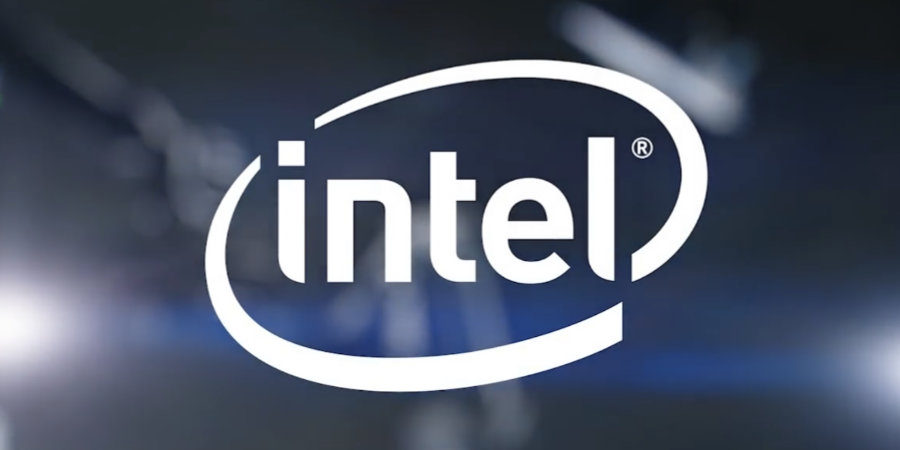Intel filed a brief supporting the Federal Trade Commission and in opposition to Qualcomm’s appeal of a judgement finding it violated antitrust laws.
In a blog post on the company’s site, Intel’s general counsel Steven Rodgers outlined the Intel’s position:
“Qualcomm would have you believe that its position in the market today — as the last surviving U.S. supplier of premium modem chips — is due to its ‘ingenuity and business acumen,’ and that its rivals in the market failed simply because ‘they did not offer good enough chips at low enough prices.’ This is simply not true.
“Instead, as detailed in the District Court’s opinion and in our brief, Qualcomm maintained its monopoly through a brazen scheme carefully crafted and implemented over many years. This scheme consists of a web of anticompetitive conduct designed to allow Qualcomm to coerce customers, tilt the competitive playing field and exclude competitors, all the while shielding itself from legal scrutiny and capturing billions in unlawful gains.”
Mr. Rodgers then goes on to describe the amount of effort Intel put behind their efforts to break into the modem business.
“We invested billions, hired thousands, acquired two companies and built innovative world-class products that eventually made their way into Apple’s industry-leading iPhones, including the most recently released iPhone 11. But when all was said and done, Intel could not overcome the artificial and insurmountable barriers to fair competition created by Qualcomm’s scheme and was forced to exit the market this year.”
This is not the first time Qualcomm has been accused of antitrust behavior, having “been fined nearly $1 billion in China, $850 million in Korea, $1.2 billion by the European Commission and $773 million in Taiwan (later reduced in settlement).”
Qualcomm’s practices have managed to make bitter enemies of the very companies it does business with, including Apple and Intel. Apple and Qualcomm were involved in multiple legal actions over a two-year period, with Apple repeatedly making the claim that Qualcomm was abusing its position in the industry. Although the two companies arrived at a settlement, Apple ultimately purchased Intel’s modem business, with experts believing they intend to use their own modems by 2022.
With so much evidence against Qualcomm, not to mention such powerful companies standing against it, it seems unlikely the company will be able to get the judgement reversed.




 WebProNews is an iEntry Publication
WebProNews is an iEntry Publication